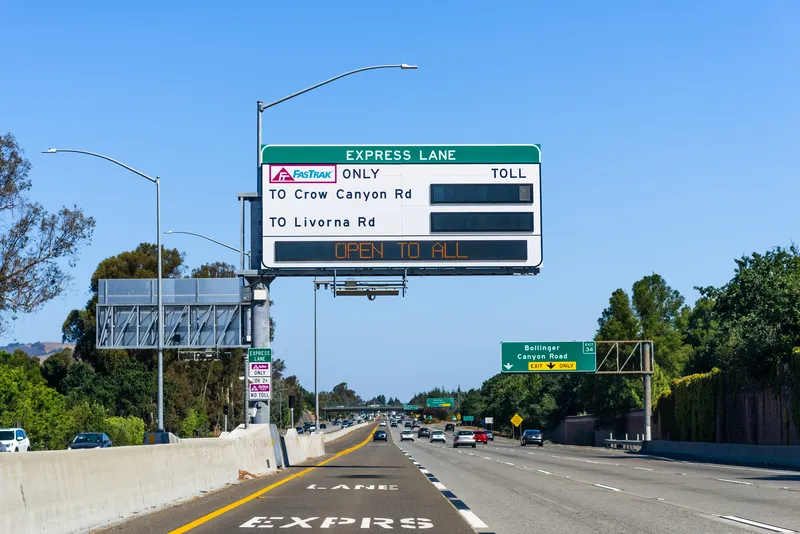Xerox is to form a three-year partnership with the University of Michigan Transportation Research Institute (UMTRI) to help shape the future of urban mobility across the country. The ultimate goal is to demonstrate how emerging automotive information-based systems and communications capabilities enable improved transaction-based business processes.
May 8, 2014
Read time: 2 mins
In collaboration with the
Xerox will support the MTC’s research through its proprietary transportation offerings and data analytic capabilities, focusing on: integration of mobile device and automotive information-based systems for transaction management solutions, such as tolling and smart parking; integration of smart parking applications into automotive information-based systems through the Xerox Merge platform; integration and analysis of data provided by the USDOT’s Safety Pilot Model Deployment program to identify new opportunities in areas such as fleet performance monitoring, driver behaviour, road infrastructure quality and vehicle health and diagnostics; MTC’s independent testing and assessment of Xerox offerings’ performance, including Xerox’s recently announced vehicle passenger detection system, an HOV/HOT lane compliance test system that uses video analytics to identify the number of occupants in a vehicle.
Construction of the MTF is slated for completion by September 2014. UMTRI plans to establish a network of more than 20,000 connected and automated vehicles on the streets of south-eastern Michigan by 2021.
“Today, with the growing trend of urbanisation, the transportation systems that move people, goods and services around the world pose significant environmental, economic and social challenges,” said David Amoriell, vice president and chief operating officer, Government and Transportation Sector, Xerox. “The research conducted and data collected by Xerox and UMTRI will be critical in the worldwide reduction of vehicle collisions, energy consumption and carbon emissions, while improving overall urban mobility and quality of life.”








